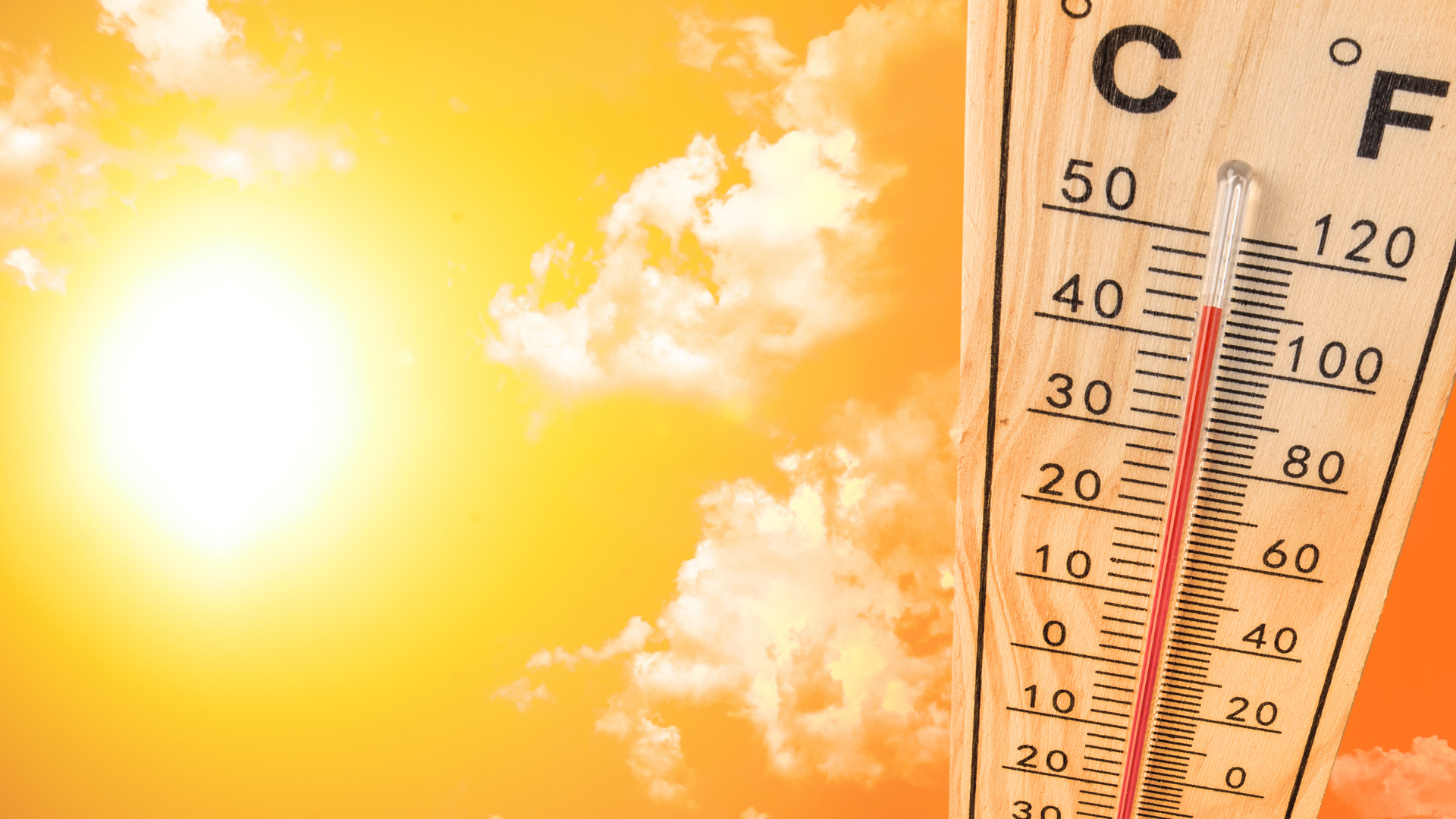The increasing global temperatures pose severe threats, particularly in tropical regions like the Philippines. In 2024, a record-breaking heat wave affected 4.6 million Filipinos, forcing school closures and water crisis declarations in major cities.
The health risks are alarming—prolonged heat exposure can lead to heat exhaustion, stroke, and complications for vulnerable populations. Economically, agriculture suffers, with rising temperatures reducing crop yields. Urban areas face the heat island effect, worsening living conditions and increasing energy demands.
To combat these challenges, proactive heat action plans—early warnings, awareness campaigns, and medical training—are essential. Immediate action is necessary to safeguard lives and livelihoods against the intensifying heat crisis.


